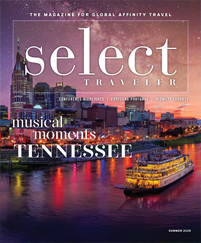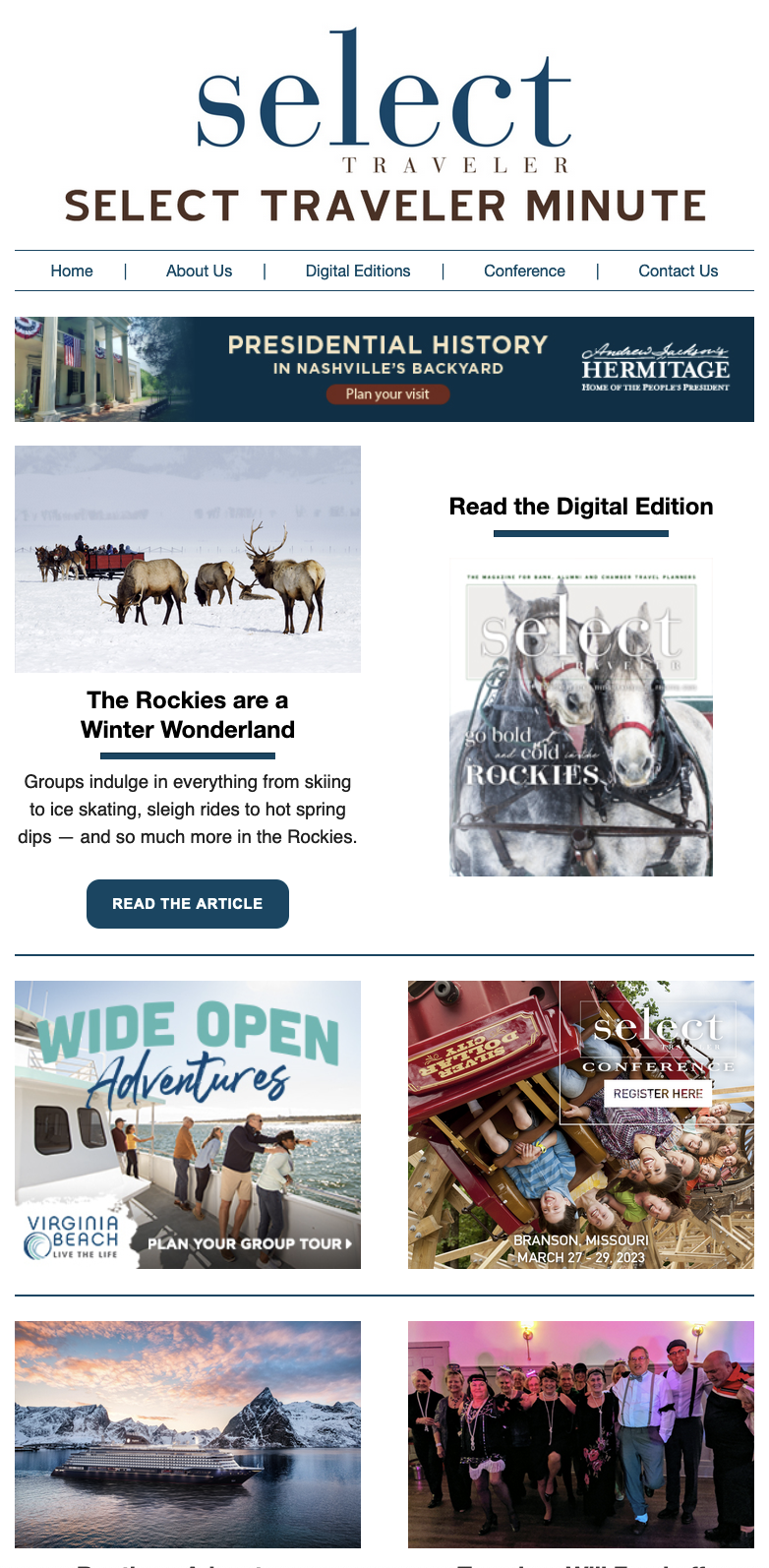Group travel can be fun and safe, even during a pandemic.
This spring, after worldwide panic over the novel coronavirus brought travel to a screeching halt, many people wondered when — or even if — groups could safely travel again. In the months since then, though, the scientific and medical communities have learned much more about how the virus spreads and how to treat it. Governments around the country have eased travel restrictions. And intrepid tour companies have found ways to operate trips while keeping passengers safe and healthy.
With any luck, a COVID-19 vaccine will become widely available early next year, enabling many more people to begin traveling again. Even then, though, tours are likely to require extra health precautions through much of 2021.
Although it has never been possible to guarantee complete safety on a trip, even before the pandemic, these measures will help mitigate risk and provide travel experiences for your eager customers.
Limit Group Size
There was a time when most group trips departed with a full passenger load of 50 people or more. Those numbers have been falling for years, though, and the pandemic has necessitated further reductions in tour capacity. Operators that have already returned to the road successfully have been capping their trips at about 30 passengers. Some have even removed seats from their motorcoaches to visually reinforce social distancing norms and allow travelers to spread out. As you plan your first trips back, shoot for those smaller numbers to help your travelers feel safe.
Mandate Masks
Face masks have become nearly ubiquitous but also, unfortunately, politicized. Much of the country is under mask mandate, but some cities and states have opted to make mask-wearing optional. Since your tours will require travelers to be together in enclosed spaces for long periods, though, you should still require them. Wearing masks will help your travelers and your hosts feel comfortable about your activities. You can minimize the nuisance of mask-wearing by planning plenty of outdoor time or other stops along the way where your travelers can relax, take off their masks and enjoy some fresh air.
Double-Check Details
If your group travels to certain destinations frequently, you might think you know the details by heart. But after a tumultuous year, you can’t take anything for granted. Group sales representatives with whom you have worked in the past may not be there anymore, and local health regulations differ widely from one state, city or attraction to the next. You should double-check to see who can work with you and what is allowed before you start planning a trip. A great way to do this is with the free Tourism Navigator tool available at grouptravelleader.com/navigator.
Destigmatize Cancellation
In the past, travelers who canceled trips could lose some or all of the money they had already paid. This created a perverse incentive for people to travel even if they weren’t feeling well. Now, though, travel providers are doing away with cancellation penalties in an effort to keep sick customers at home. You should do the same. Build some margin into your financial model so you can refund one or two travelers’ payments without taking a loss. And consider bundling in a travel insurance policy that reimburses customers who cancel due to illness.
Consider Testing
If you want to be as sure as possible that none of your travelers will spread the coronavirus to your tour group, consider asking them to get tested in the days before the trip departs. The widespread availability of low-cost testing has made this much more feasible than it was early in the pandemic. Some quick tests render results in as little as five minutes, and more accurate lab tests often take under three days to process. No test is foolproof, of course, and there’s always a chance that someone in your group could contract the virus after getting tested. But a testing regime is still your best option for keeping the coronavirus at bay.









